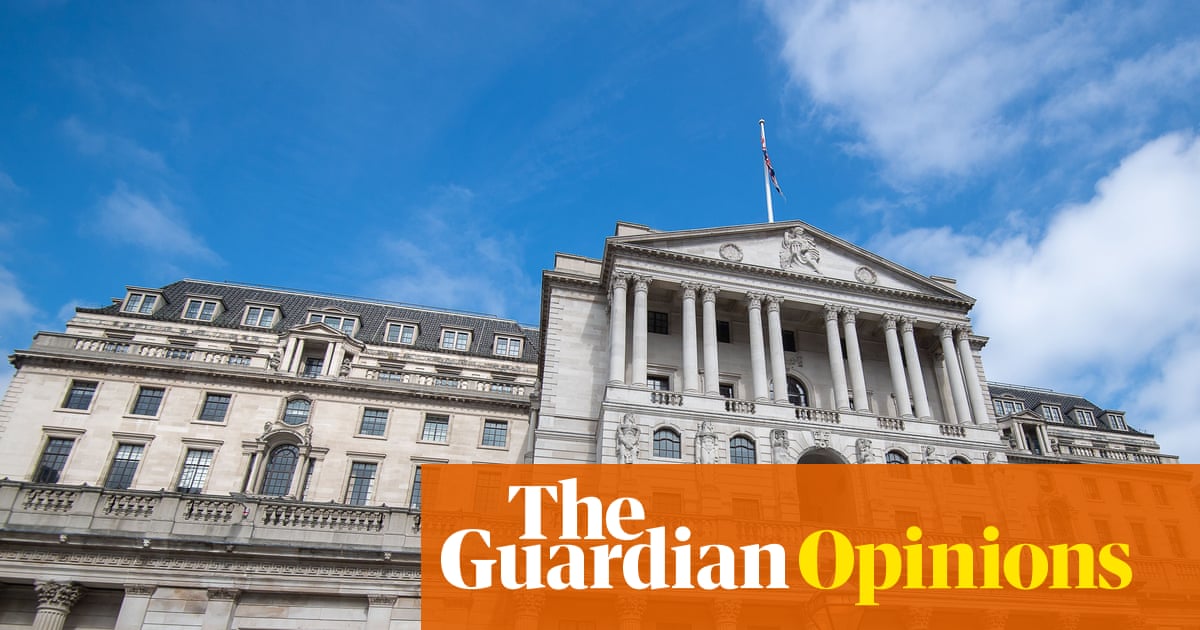Hype too often influences policymakers when it comes to regulating markets. So it was reassuring to hear Sir Andrew Bailey, the governor of the Bank of England, resist the momentum behind cryptocurrencies. In his July Mansion House speech, he reiterated his scepticism over the need for a “Britcoin” central bank digital currency or a UK stablecoin, with tokens issued by finance houses and backed by their sterling reserves. As Donald Trump signs stablecoins into US law and rebrands private dollars with political colours, Sir Andrew’s caution isn’t just prudent, it’s essential.
The governor’s view is that UK banks should not be allowed to issue their own stablecoins. Nor should the Bank effectively run Britcoin bank accounts without clear public benefit. These are not the views of a luddite, but of a regulator worried, correctly, about creating a new class of imprudent assets. The key question is not whether new technologies can be adopted in finance, but whether they should be – especially when the consequences of failure could affect the wider economy.
George Osborne, the former Tory chancellor who advises a large cryptocurrency exchange, argued that Mr Trump’s embrace of stablecoins, which are privately issued digital money, means Britain must sign up to remain relevant. The former Labour cabinet minister Ed Balls considered this naive, given recent history. He was right.
Stablecoins are not, despite the branding, stable. These private digital tokens purport to be backed one for one by real money, often US dollars. But the peg is only as trustworthy as the institution making the promise. When a commercial bank issues a stablecoin, it is effectively minting its own currency – without, as the Bank for International Settlements noted, the backing, oversight or “lender of last resort” guarantees of a central bank. This creates a parallel financial market, one prone to runs, crashes and contagion – just as happened in 19th-century America’s free banking era, when half the new banks collapsed, many unable to honour the notes they had issued.
Yet Mr Trump is pressing ahead by letting banks and even non-banks issue dollar-pegged crypto assets. He is also leveraging the power of his office for personal gain in plain sight. One of the Trump family’s cryptocurrencies is conservatively estimated to have pulled in at least $320m since January, while another received a $2bn investment from a foreign government wealth fund. A third has sold at least $550m in tokens. Steven Levitsky of Harvard University spoke for many when he told the Guardian this summer that he had “never seen such open corruption in any modern government anywhere”.
Cyber-libertarians view cryptocurrencies as a tool to evade state control, regulation and taxation, aligning with radical rightwing ideas about government as a problem. This seems to be the view of Paul Marshall, the UK hedge fund tycoon and media baron, who sees a Manichean world of central bank fiat versus free-market cash. Such ideological takes don’t help with stable capital markets or effective consumer protection. Britain’s financial sector should be smaller for the country’s long-term health, but it must still remain competitive – on regulatory terms that preserve stability, not simply to keep pace with Trump-era financial populism or petro-state opportunism. Crypto is a gamble not just on technology, but on the very meaning of money and who gets to control it.






Comments
Join Our Community
Sign up to share your thoughts, engage with others, and become part of our growing community.
No comments yet
Be the first to share your thoughts and start the conversation!